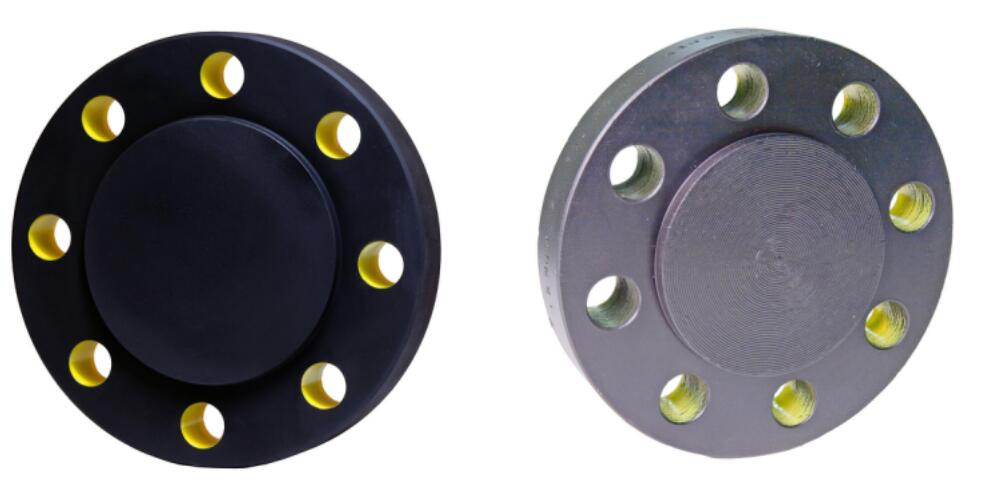Stainless steel flanges stand as critical components within piping systems, offering a multitude of advantages that underscore their indispensability in diverse industrial applications. This article delves into the inherent qualities that position stainless steel flanges as superior elements in the construction, connection, and maintenance of piping networks.
1. Corrosion Resistance: One of the primary advantages of stainless steel flanges is their exceptional resistance to corrosion. The chromium content in stainless steel forms a protective oxide layer on the surface, imparting unparalleled resilience against corrosive elements. This characteristic ensures longevity and reliability in applications where exposure to aggressive environments is commonplace, such as chemical processing and offshore installations.

2. Durability and Longevity: Stainless steel flanges exhibit robust mechanical properties, translating to high durability and longevity. Their ability to withstand extreme temperatures, pressures, and mechanical stresses positions them as reliable components in industries where structural integrity is paramount, including oil and gas, petrochemical, and power generation.
3. Versatility in Applications: The versatility of stainless steel flanges is a testament to their adaptability across a spectrum of applications. Whether employed in high-pressure systems requiring weld neck flanges or in situations necessitating the ease of installation provided by slip-on flanges, stainless steel flanges cater to the diverse needs of industries ranging from aerospace to pharmaceuticals.
4. Temperature Resistance: Stainless steel flanges excel in applications involving fluctuating temperatures, maintaining their structural integrity across a broad temperature range. This attribute is particularly crucial in industries such as power generation, where thermal cycling is inherent to the operational environment.

5. Ease of Fabrication and Installation: The machinability and weldability of stainless steel facilitate ease of fabrication and installation of flanges. This characteristic not only streamlines the manufacturing process but also contributes to the efficiency of construction and maintenance activities, reducing downtime in critical industrial operations.
6. Hygienic Properties: In industries such as food processing and pharmaceuticals, where hygiene is paramount, stainless steel flanges shine. Their non-reactive, inert nature ensures that conveyed substances remain untainted, meeting stringent regulatory standards and contributing to the maintenance of sanitary conditions.
In conclusion, the advantages of stainless steel flanges extend beyond their mechanical and chemical properties, encompassing durability, versatility, and environmental responsibility. As integral components in critical industrial infrastructure, stainless steel flanges continue to exemplify excellence in meeting the demanding requirements of diverse engineering applications.




